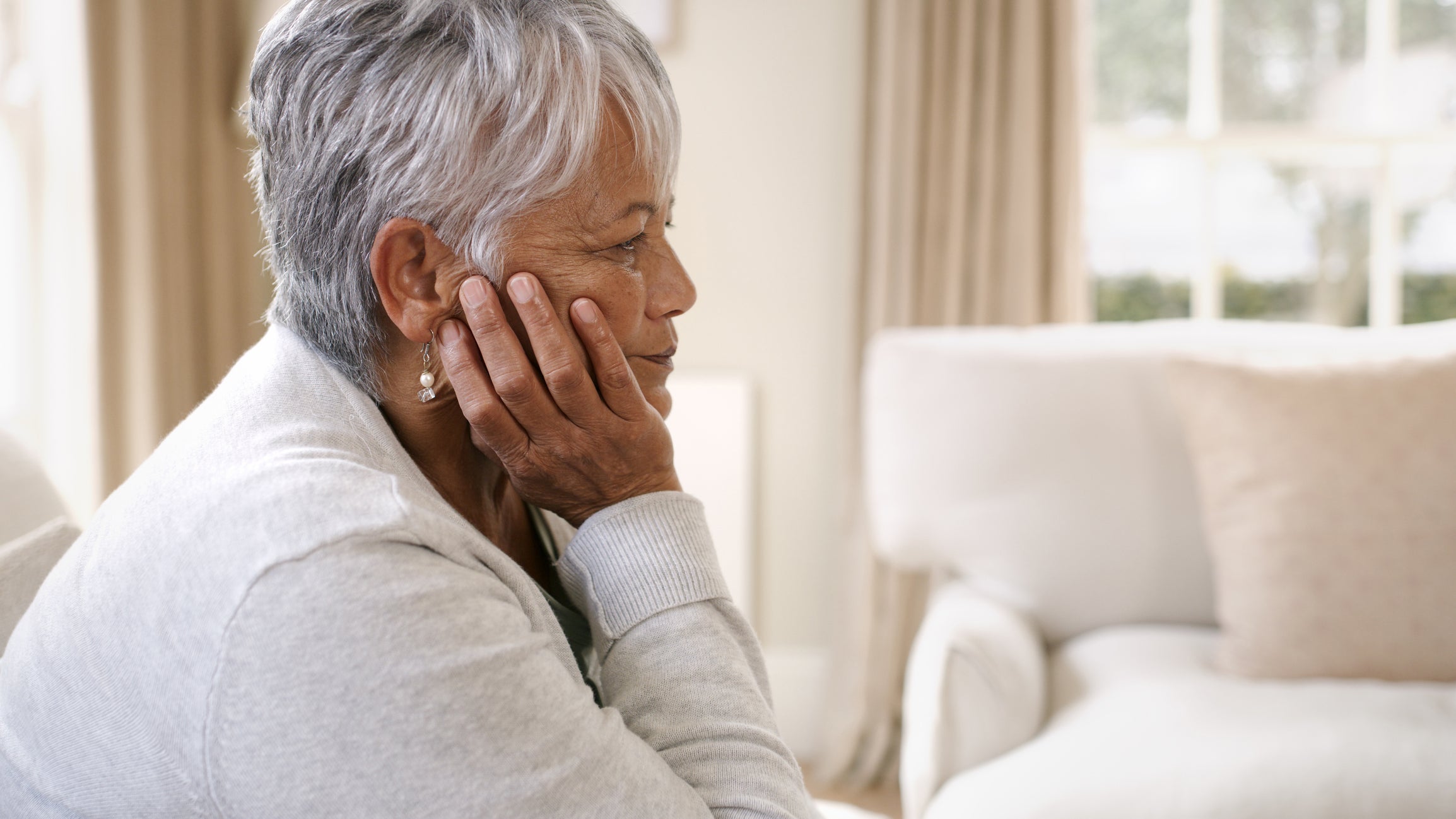More older women are unemployed than men for first time since 2016
‘The sharp rise in unemployment levels amongst women aged 65 or over is only set to get worse over the summer with the winding down of the furlough scheme,’ says company behind report

There has been a rise in the number of women aged 65 and over who are unemployed during the pandemic, a new report has found.
Rest Less, the company that offers professional advice to those aged 50 and over, found that the number of jobless women aged 65 and over has increased from 7,200 to 21,000 in the past year.
This means that for the first time since 2016, more older women than older men are unemployed.
The research also found that fewer women in this age bracket were actively looking for work than in previous years.
Rest Less added that its analysis of official labour market data also found that unemployment levels for those aged 65 had overall increased by 53 per cent in the last year, which is a larger percentage increase than any other age group.
Stuart Lewis, founder of Rest Less, commented: “While the labour market is showing significant signs of improvement and job vacancies have now surpassed pre-pandemic levels, it is clear that the recovery is not yet working for everyone, with thousands of talented older workers at risk of being left behind.
“In the last recession of 2009, women could retire at 60 and receive the state pension, today it is 66.”
He continued: “The sharp rise in unemployment levels amongst women aged 65 or over is only set to get worse over the summer with the winding down of the furlough scheme.
“There are far too many women in their 60s stuck between a rock and a hard place. They can’t find a job due to rampant age discrimination but they can’t yet claim their state pension either, which puts them in an extremely vulnerable financial position as they approach retirement.”
“If the government expects us to work until we are 66, rising to 67 by 2028, they need to invest in tailored retraining and employment support programmes for older workers.”
Join our commenting forum
Join thought-provoking conversations, follow other Independent readers and see their replies
Comments
Bookmark popover
Removed from bookmarks